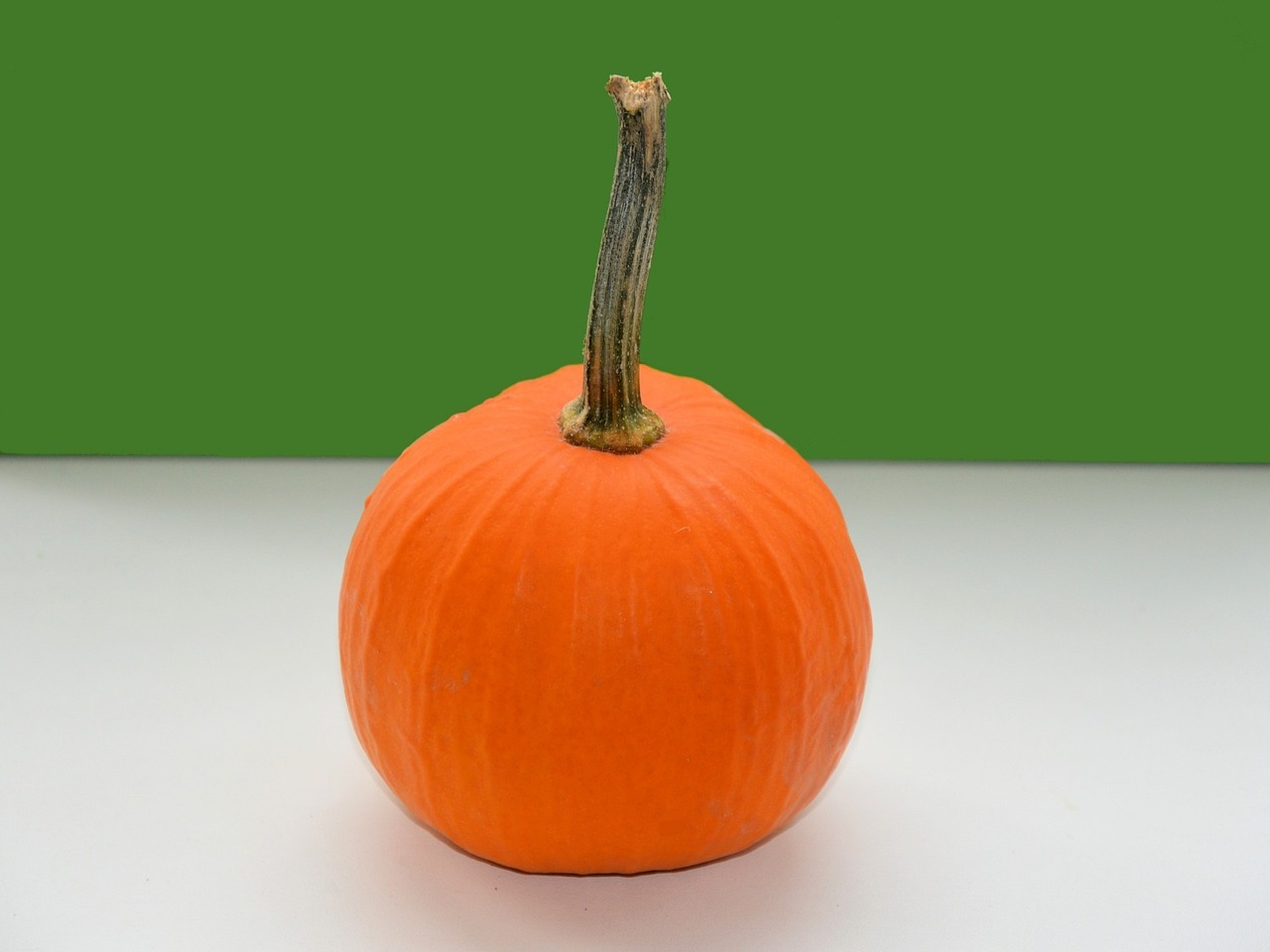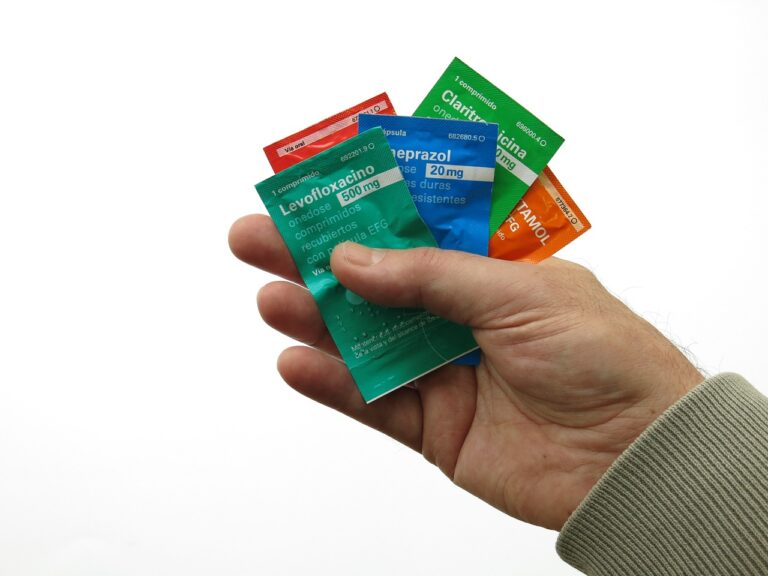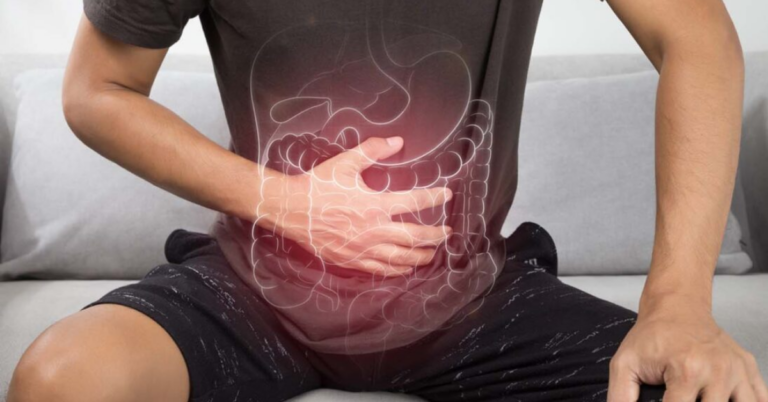Exploring Body-Mind Therapies for Mental Well-Being
11xplay reddy login password, 24 betting login india sign up, skyinplay.com login:Exploring Body-Mind Therapies for Mental Well-Being
In today’s fast-paced world, it’s easy to feel overwhelmed, stressed, and anxious. As a society, we are becoming more aware of the importance of mental health and the impact it has on our overall well-being. While traditional therapies such as counseling and medication are crucial for treating mental health issues, there is a growing interest in body-mind therapies as complementary approaches to improving mental well-being.
Body-mind therapies focus on the connection between the body and mind and aim to promote holistic healing. These therapies recognize that our physical health, emotions, and thoughts are interconnected, and that by addressing one aspect, we can positively impact the others. From yoga and meditation to acupuncture and tai chi, there are many different body-mind therapies to explore.
Yoga: A Practice for Mind-Body Connection
Yoga is a popular body-mind therapy that has been practiced for thousands of years. It combines physical postures, breathing exercises, and meditation to improve flexibility, strength, and mental clarity. Yoga has been shown to reduce stress, anxiety, and depression, and promote feelings of relaxation and well-being. Many people find that incorporating a regular yoga practice into their routine helps them manage their mental health and improve their overall quality of life.
Meditation: Cultivating Inner Peace and Mindfulness
Meditation is another powerful body-mind therapy that can have a profound impact on mental well-being. By calming the mind and focusing on the present moment, meditation can reduce stress, improve concentration, and enhance self-awareness. Regular meditation practice has been linked to a decrease in symptoms of depression and anxiety, as well as an increase in feelings of happiness and contentment. Even just a few minutes of meditation each day can make a significant difference in your mental health.
Acupuncture: Restoring Balance and Harmony
Acupuncture is a traditional Chinese medicine practice that involves the insertion of thin needles into specific points on the body to stimulate energy flow and promote healing. While acupuncture is commonly used to treat physical ailments, such as chronic pain and digestive issues, it can also be beneficial for mental health. Acupuncture has been shown to reduce symptoms of anxiety and depression, improve sleep quality, and increase feelings of relaxation and well-being. Many people find acupuncture to be a calming and grounding experience that helps them reconnect with their bodies and minds.
Tai Chi: Moving Meditation for Mind-Body Harmony
Tai chi is a martial art that combines gentle, flowing movements with deep breathing and mental focus. Often referred to as “moving meditation,” tai chi is a powerful body-mind therapy that can improve balance, coordination, and mental clarity. Regular practice of tai chi has been linked to a reduction in symptoms of anxiety and depression, as well as an increase in feelings of relaxation and inner peace. Tai chi is a wonderful practice for people of all ages and fitness levels, and can be especially beneficial for those looking to improve their mental well-being.
Breathwork: Harnessing the Power of the Breath
Breathwork is a body-mind therapy that focuses on the breath as a tool for promoting relaxation and improving mental clarity. By learning to control and manipulate the breath, we can activate the body’s relaxation response, reduce stress and anxiety, and increase feelings of calm and well-being. Breathwork techniques can be easily incorporated into your daily routine and can be a powerful tool for managing your mental health. Whether you practice deep breathing exercises, guided breathwork meditations, or pranayama techniques, harnessing the power of the breath can have a profound impact on your mental well-being.
Dance Movement Therapy: Expressing Emotions Through Movement
Dance movement therapy is a body-mind therapy that uses movement and expression to promote emotional healing and self-discovery. Through dance, individuals can tap into their emotions, release pent-up energy, and connect with their bodies in a new way. Dance movement therapy has been shown to reduce symptoms of anxiety and depression, increase self-awareness and self-esteem, and improve communication and social skills. Whether you’re dancing alone in your living room or participating in a group dance class, moving your body can be a powerful tool for improving your mental well-being.
Wrap Up & FAQs
In conclusion, exploring body-mind therapies can be a valuable way to improve your mental well-being and enhance your overall quality of life. Whether you choose to practice yoga, meditation, acupuncture, tai chi, breathwork, dance movement therapy, or another body-mind therapy, finding a practice that resonates with you can have a profound impact on your mental health. By taking the time to connect with your body, calm your mind, and nurture your spirit, you can cultivate a sense of balance, harmony, and well-being that can transform your life.
FAQs
Q: Are body-mind therapies effective for treating mental health issues?
A: While body-mind therapies are not a replacement for traditional therapies, they can be effective as complementary approaches to improving mental well-being. Many people find that incorporating these therapies into their routine helps them manage their symptoms and improve their overall quality of life.
Q: How do I know which body-mind therapy is right for me?
A: The best way to determine which body-mind therapy is right for you is to explore different options and see what resonates with you. Try out a few different practices and see how they make you feel. You may find that one particular therapy speaks to you more than others, or you may enjoy incorporating a variety of practices into your routine.
Q: Can body-mind therapies help with specific mental health issues, such as depression or anxiety?
A: Many body-mind therapies have been shown to be effective in reducing symptoms of depression, anxiety, and other mental health issues. While results may vary for each individual, incorporating these therapies into your routine can help you manage your symptoms and improve your overall well-being.







